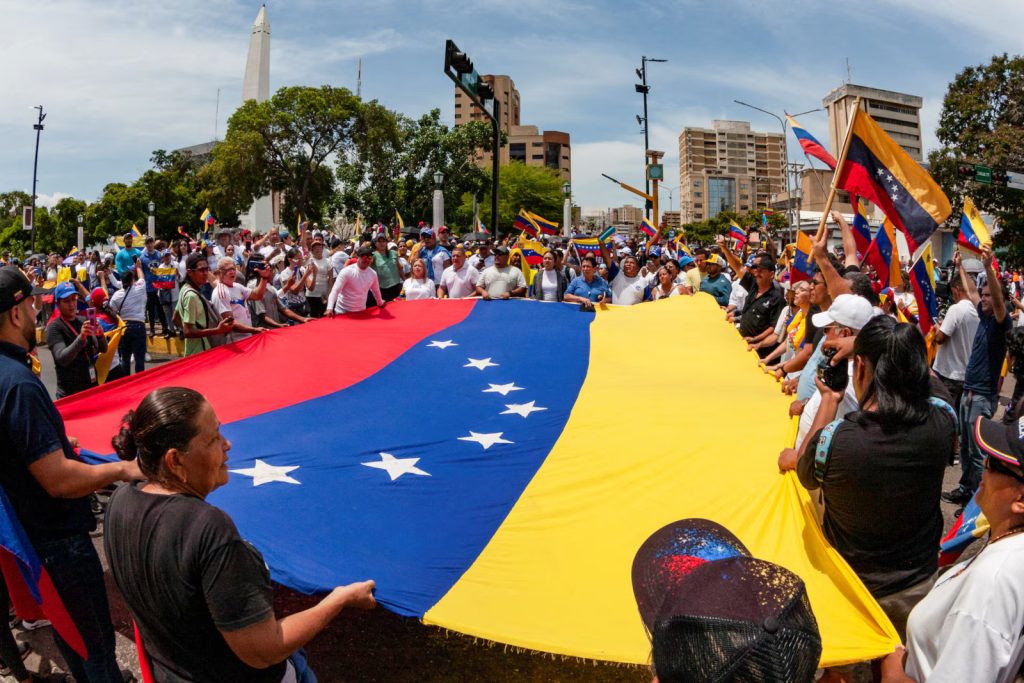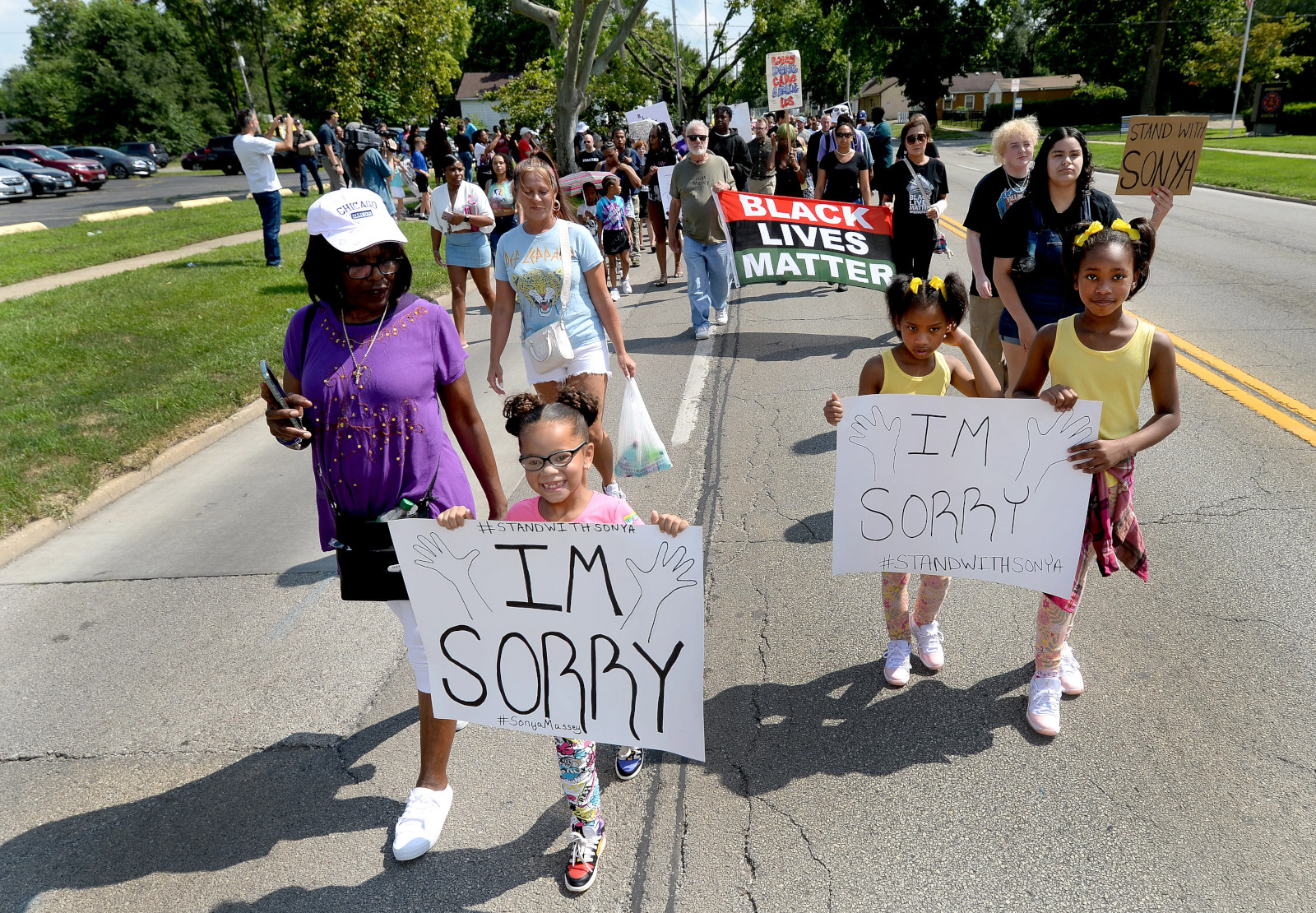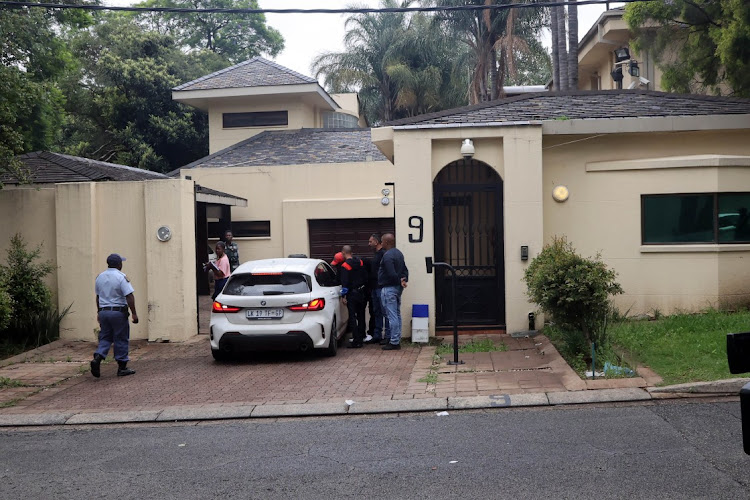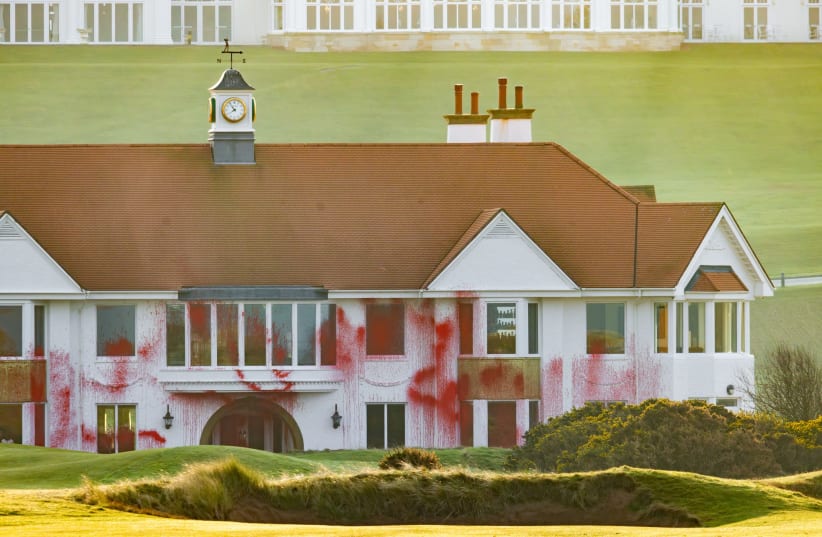CARACAS – Protests erupted across Venezuela on Tuesday, with demonstrators demanding that President Nicolas Maduro acknowledge his defeat in Sunday’s election, as a major international observer concluded the vote was undemocratic. The protests, which the government has labeled as an attempted “coup,” began on Monday after the electoral authority declared Maduro the winner with 51% of the votes, securing a third term and extending a quarter-century of socialist rule.
The opposition, which views the electoral body as biased towards a dictatorial government, claims its candidate Edmundo Gonzalez received more than twice as many votes as Maduro based on 90% of the vote tallies they have accessed. At least 11 people have been killed in election-related incidents and associated protests, according to the rights group Foro Penal.
The U.S.-based Carter Center, which observed the vote, issued a statement late on Tuesday asserting that the election “did not meet international standards of electoral integrity and cannot be considered democratic.” The Center criticized the electoral authority’s failure to publish disaggregated results, calling it a “serious breach,” and outlined numerous flaws in the electoral process.
Many countries have urged Venezuela to make the vote tally public, and U.S. sources indicate that Washington is considering fresh sanctions on individuals linked to the election unless greater transparency is provided.
On Tuesday, both Maduro and his top legislative ally accused Gonzalez and opposition leader Maria Corina Machado of inciting violence post-election. In a televised speech, Maduro accused opposition protesters of attacking civilians and starting fires, demanding that Gonzalez be held accountable. Respond to that you coward!” Maduro shouted, referring to both Gonzalez and Machado.
Jorge Rodriguez, the head of the Congress for Maduro’s ruling socialists, called for the arrest of both opposition figures, accusing Gonzalez of leading a “fascist conspiracy.” Costa Rica has offered political asylum to Machado and Gonzalez, but Machado stated on X that her priority is to “continue this struggle” from Venezuela.
Maduro, who also called for more marches, claimed in his speech that his government is seeking help from China and Russia to address alleged attacks on the electoral authority’s systems, blaming billionaire Elon Musk without providing evidence. Echoing other officials, Maduro’s defense minister, General Vladimir Padrino, declared a “coup in progress” but insisted that the country’s armed forces would help defeat it.
The 61-year-old president, a former union leader and foreign minister who won an election after former President Hugo Chavez’s death in 2013, has presided over an economic collapse and a mass exodus of Venezuelans. U.S. and EU sanctions have further crippled an already struggling oil industry. A Maduro win could spur more migration from Venezuela, which has seen a third of its population leave in recent years.
Opposition leader Machado, barred from running in the election, spearheaded Gonzalez’s campaign and accused Maduro’s government of a corrupt vote count for the first time on Tuesday. What we are fighting here is a fraud by the regime,” Machado said, urging peaceful protest. A large crowd, many waving Venezuelan flags, chanted: “We are not afraid!”
The opposition has long denounced obstacles such as candidate registrations, detentions of opposition members, and a confusing ballot layout. The Carter Center agreed with these criticisms, noting that authorities frequently attempted to restrict the opposition’s campaign activities, including harassment and intimidation.
The CNE electoral authority, which formally proclaimed Maduro president for the 2025-2031 term on Monday, demonstrated clear bias in his favor, the Center added. In-country voters faced short registration deadlines, and most of the country’s large diaspora was disenfranchised arbitrarily.
The opposition’s options appear limited, given the military’s long-standing support for Maduro and the failure of previous cycles of anti-government protests and sanctions to dislodge him. Opposition protesters marched in several cities on Tuesday, with Reuters witnesses reporting attacks by security forces in some locations. Many stores remained closed.
In Valencia, a protester spray-painted “fraud” on the road. At pro-Maduro demonstrations, marchers danced and motorcycle-riding supporters revved their engines, insisting the election is over. We’re here to peacefully support an election which has already given its result,” said teacher Carmen Torres, 36, preferring Maduro to a “neoliberal” government despite some doubts.
On Monday, protesters blocked roads, lit fires, and threw petrol bombs at police, who responded with tear gas. In Coro, protesters cheered as they tore down a statue of Chavez, Maduro’s mentor who ruled from 1999-2013. Amid the dueling protests, security agents arrested at least two more opposition leaders, Freddy Superlano and Ricardo Estevez.
Many Venezuelans have said their decision to join the exodus from the country would depend on the election. “It feels like I no longer have anything to do here in Venezuela,” said 23-year-old graduate Jorge Salcedo in Caracas. “We’ll start from scratch in another country … We live in a country with repression, and we live in a country under dictatorship. It was our last chance.”




![Israeli military vehicles mount a large-scale Israeli army raid on Jenin, in the occupied West Bank [Jaafar Ashtiyeh/AFP]](https://esbecgroup.com/wp-content/uploads/2025/01/UN-says-Israel-using-‘unlawful-lethal-force-in-raids-on-Jenin.jpg)






Program iz Very well presented. Every quote was awesome and thanks for sharing the content. Keep sharing and keep motivating others.
I do believe all the ideas youve presented for your post They are really convincing and will certainly work Nonetheless the posts are too short for novices May just you please lengthen them a little from subsequent time Thanks for the post.